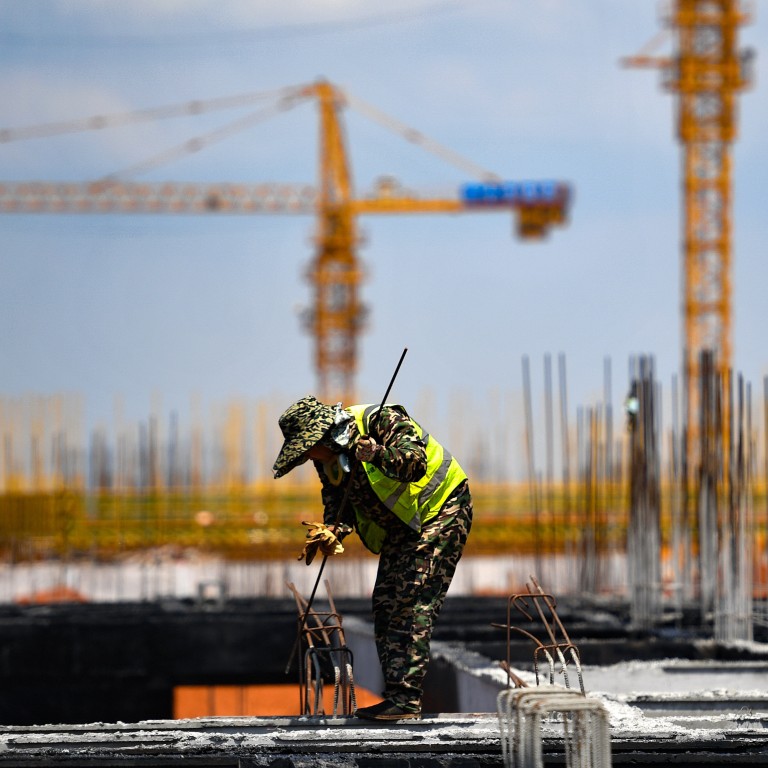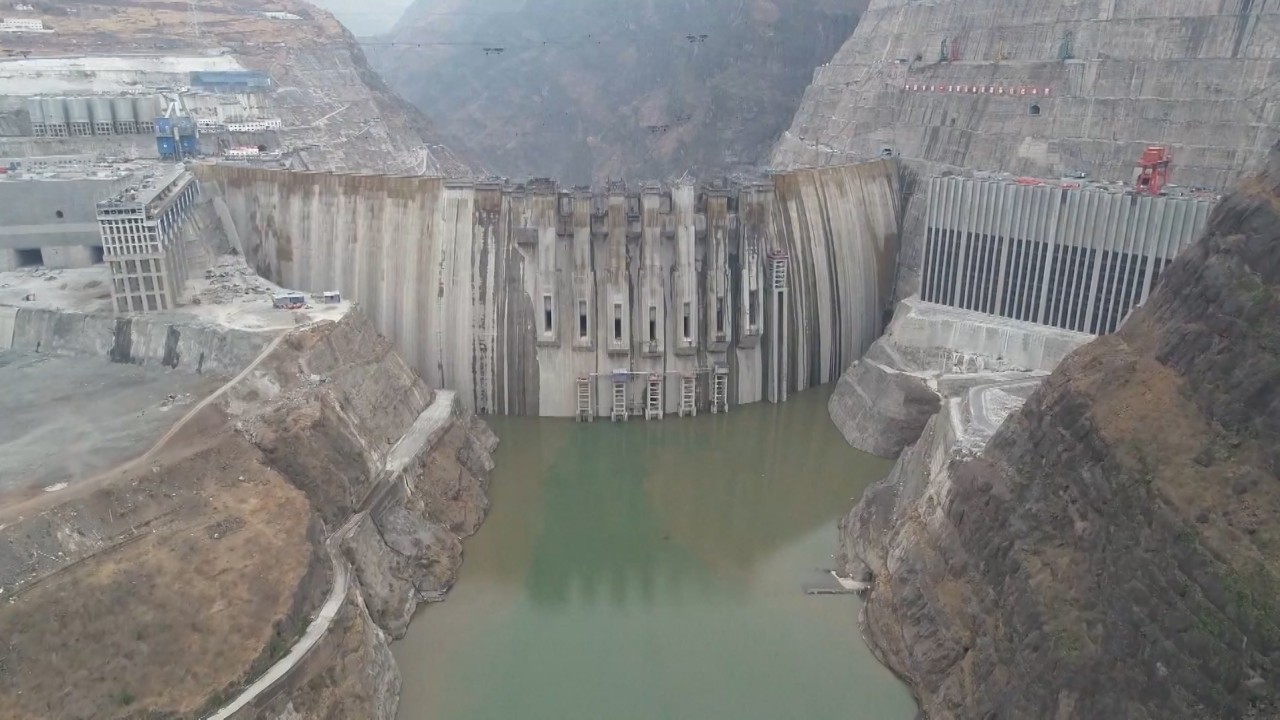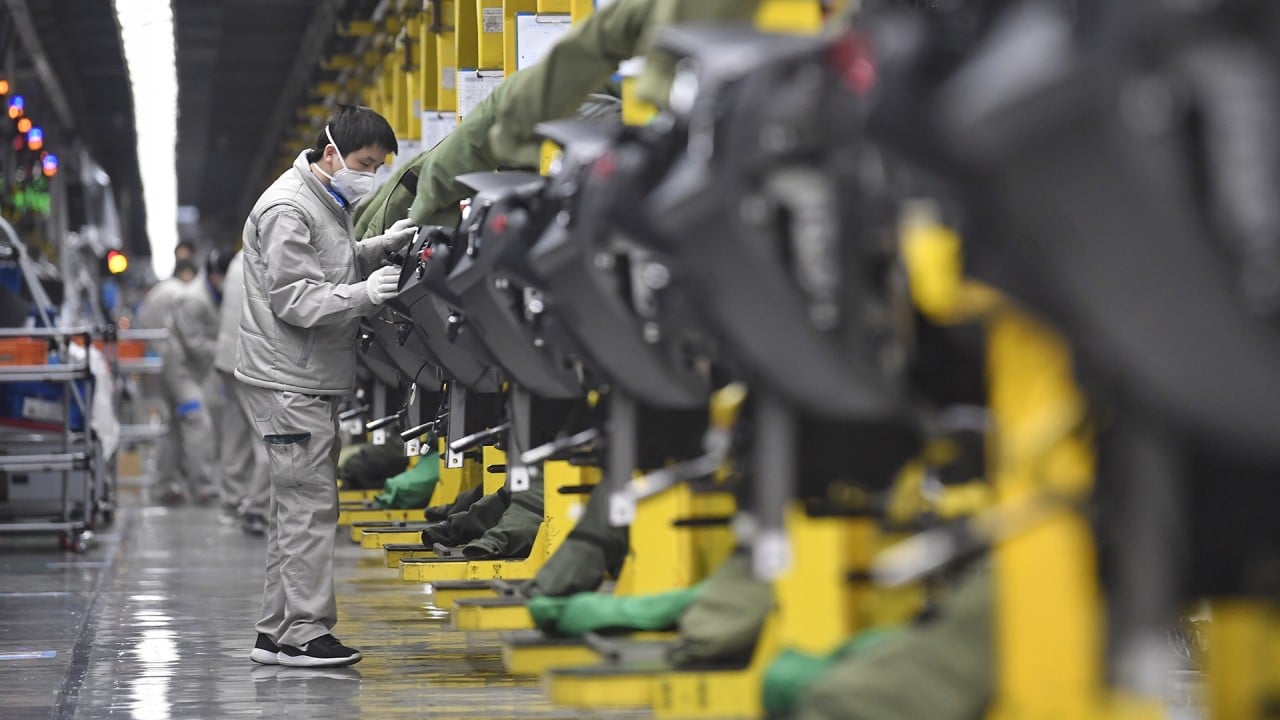
China’s post-coronavirus consumer spending ‘not enough’ to drive growth, says prominent economist
- Yu Yongding, a senior researcher with the Chinese Academy of Social Sciences, says Beijing’s plan for domestic consumption to drive growth could fall short
- Household spending is expected to bounce back once the pandemic is over, but the government cannot scale back infrastructure spending in the meantime, Yu says
China should accelerate infrastructure investment this year as consumption is not at a high enough level to drive growth, a prominent Chinese economist said on Monday.
Household spending is expected to bounce back once the pandemic is over, and China’s gross domestic product (GDP) is projected to rise about 20 per cent year on year in the first quarter of 2021 and more than 8 per cent for the whole year.
But some economists say that relying heavily on consumption to power growth in the immediate term could be risky.
“As consumption is still not enough to become the main driver of economic growth, infrastructure investment should continue to increase,” Yu Yongding, a senior researcher with the Chinese Academy of Social Sciences, wrote in an article published by the China Daily.
“It is inappropriate for China to exit from expansionary fiscal policy prematurely.”
Although the government hopes to boost consumption, the income growth of residents is still insufficient to eliminate their anxiety
Yu, a former central bank adviser and who is now advising the China Finance 40 Forum, a Beijing-based think tank, said the central government’s reliance on domestic consumption could fall short.
Investment accounted for 43.1 per cent of last year’s economic growth, with consumption making up 54.3 per cent.
The National Bureau of Statistics is due to release first quarter macro data, including GDP figures, fixed asset investment, disposable income and retail sales on Friday.
Yu argued that China’s infrastructure investment was “too low”.
“During the period of countercyclical adjustments, the growth rate of infrastructure investment being higher than that of GDP is the universal law,” he said.
Fixed asset investment in January-February grew 35 per cent from a year earlier because of the low base, but only 3.5 per cent from the same period in 2019.
China debt: how big is it and who owns it?
A major concern for policymakers is macro leverage, usually measured by a debt-to-GDP ratio, which jumped by 24.7 percentage points to 270.1 per cent by the end of 2020, weighing on the world’s second largest economy.
Beijing also clamped down the real estate sector, which contributed to nearly one third of fixed asset investment in the first two months of the year.
“The primary task of fiscal and monetary policies is to boost economic growth, rather than stabilising leverage ratio, especially the leverage ratio of the public sector,” Yu said.
There is no need for China to worry about inflation … [And] China can take other measures to deal with asset bubbles
“There is no need for China to worry about inflation … [And] China can take other measures to deal with asset bubbles.”
An inadequate economic growth rate will increase, rather than reduce, vulnerabilities in the financial environment, he said.
China has taken a different path to that of many major Western economies in terms of macroeconomic policy following the pandemic.
Last week, the State Council warned that the complex international environment brought new uncertainties and domestic recovery remains uneven.
“We must consider both immediate and long-term objectives, keep the stability and continuity of macroeconomic policies, and make no policy U-turn,” the cabinet said at a symposium with economists and entrepreneurs on Friday.




